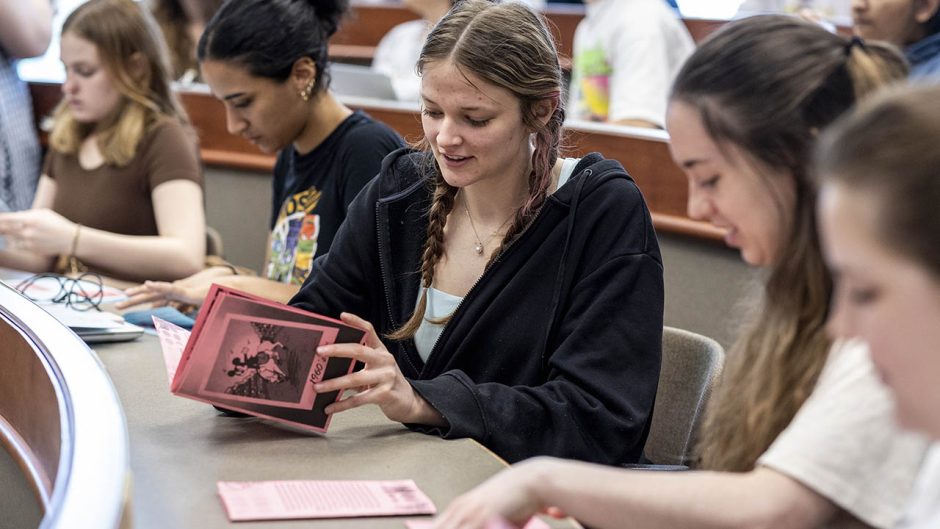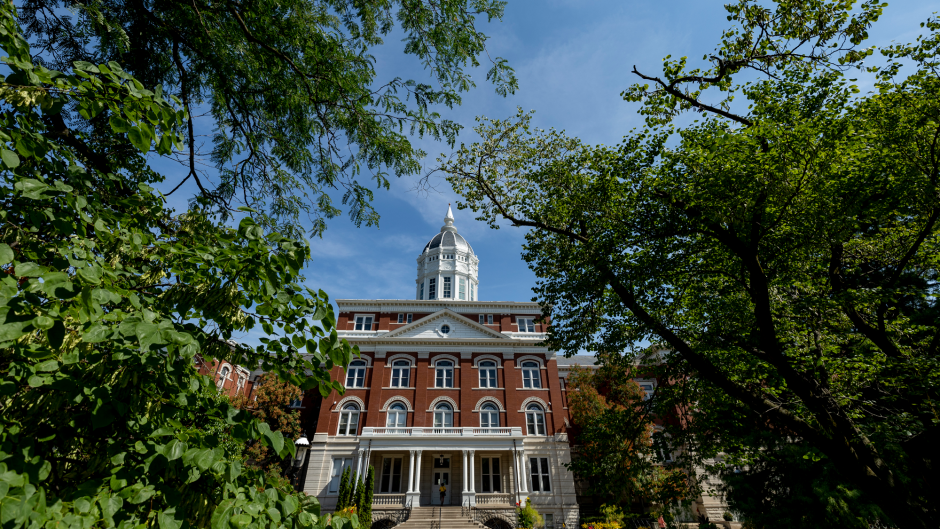July 22, 2020
The University of Missouri is committed to continuously improving the experience and outcomes for underserved and underrepresented students, faculty and staff. In a recent virtual panel discussion, Mun Y. Choi, UM System president and MU interim chancellor, along with leaders from across campus, shared some of the progress that Mizzou has made toward inclusive excellence in the past five years. Highlights include:
- the creation of the Division of Inclusion, Diversity and Equity, and the hiring of a chief diversity officer
- investing $1.2 million in enhancing institutional infrastructure, one of the dimensions of the Inclusive Excellence Framework, with more to come
- a 32% increase in the number of underrepresented faculty
- increasing six-year graduation rates among African American students by 7% to nearly 60%
- investing in diversity and inclusion training and education at every level – from leadership to students to faculty
- enhancing faculty recruitment strategies and guidelines to attract more diverse applicants
- doubling the number of counselors of color at the Counseling Center.
Choi also shared a summary of the newly released American Council on Education (ACE) report noting broad improvement in Mizzou’s inclusive competencies since 2015. The report noted that Mizzou increased leadership engagement, strategic planning and community education efforts. The report noted, however, that progress is at times uneven, and many members of the MU community still feel frustrated by a perceived lack of progress.
“I’m very proud of the work that has been done to contribute to these efforts,” Choi said. “But there’s more work to be done, and we’re committed to getting that work done.”
The university plans further sessions specifically focused on deeper community discussions of the report this fall.
Accountability, commitment and transparency
To help outline the future, Maurice Gipson, MU’s new vice chancellor of inclusion, diversity and equity, shared his plans to grow collaboration with students, faculty and staff to continue to build a more diverse and inclusive campus.
“We’re going to make sure our work, and particularly our work in inclusion, diversity and equity, is undergirded by the acronym ACT: accountability, commitment and transparency,” Gipson said.
Gipson announced some immediate steps the university will take to address community concerns, including:
- launching a Bias Hotline by mid-August that enables all students, faculty and staff to anonymously report behavior that targets individuals or groups based on their identities
- instituting cultural competency training and bystander and civil discourse training for community members
- reviewing use-of-force policies for the MU Police Department and continuing to emphasize de-escalation tactics
- placing signs around campus affirming Mizzou’s commitment to diversity and inclusion and its stance against racism and discrimination
- modernizing video equipment to increase campus safety and the ability to hold those who commit acts of prejudice accountable.
Gipson acknowledged that, despite the progress, if improvement isn’t felt by the community, questions will remain. “It’s our responsibility to make sure that each individual – each stakeholder – feels the change,” Gipson said.
Watch the full inclusive excellence virtual panel and Q&A on the Chancellor's website.
If you have experienced harassment or discrimination at Mizzou, please report it to Mizzou’s Civil Rights & Title IX Office.




